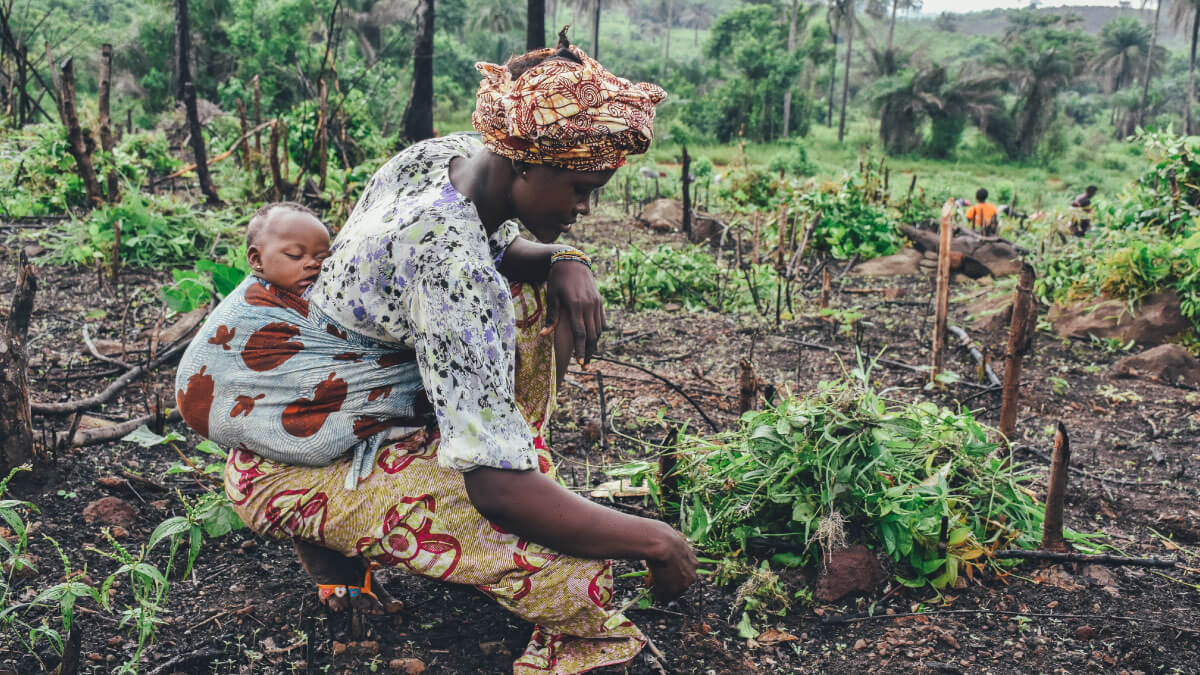One prediction at the outbreak of COVID-19 was that Africa could be the epicentre of fatalities from the pandemic. This hasn't happened. The record of rate of infections, fatalities and recoveries shows that Africa is the second least affected region of the world. The fear that Africa would be the epicentre of the pandemic was fuelled by a few factors. One was the presence of overcrowded informal settlements. Another was weak systems in many countries and the inadequate number of medical personnel across the board. In addition, hospitals lack critical equipment such as testing kits, personal protective equipment and oxygen machines. Most countries adopted national strategies, such as closing borders. Others took a more regional approach. In a recent study I looked at what role regionalism played in containing the pandemic. The porous borders between many countries in Africa presented additional challenges – as well as opportunities – for a regional response to COVID-19. I concluded that a regional approach did help in containing the pandemic because of the opportunity it provided for sharing resources, information, training and testing. For example, effective monitoring and deployment of testing equipment at the borders contributed to limiting cross border transmission of the virus. But I also concluded that, for the future, there is a need to build more regional health infrastructure that can help the continent manage new epidemic outbreaks. Reasons for a regional approach Since March 2020, African countries have adopted various measures to manage the COVID-19 pandemic. Beyond the national responses...
How regionalism has helped Africa manage the COVID-19 pandemic
Posted on: July 5, 2021
Posted on: July 5, 2021
























